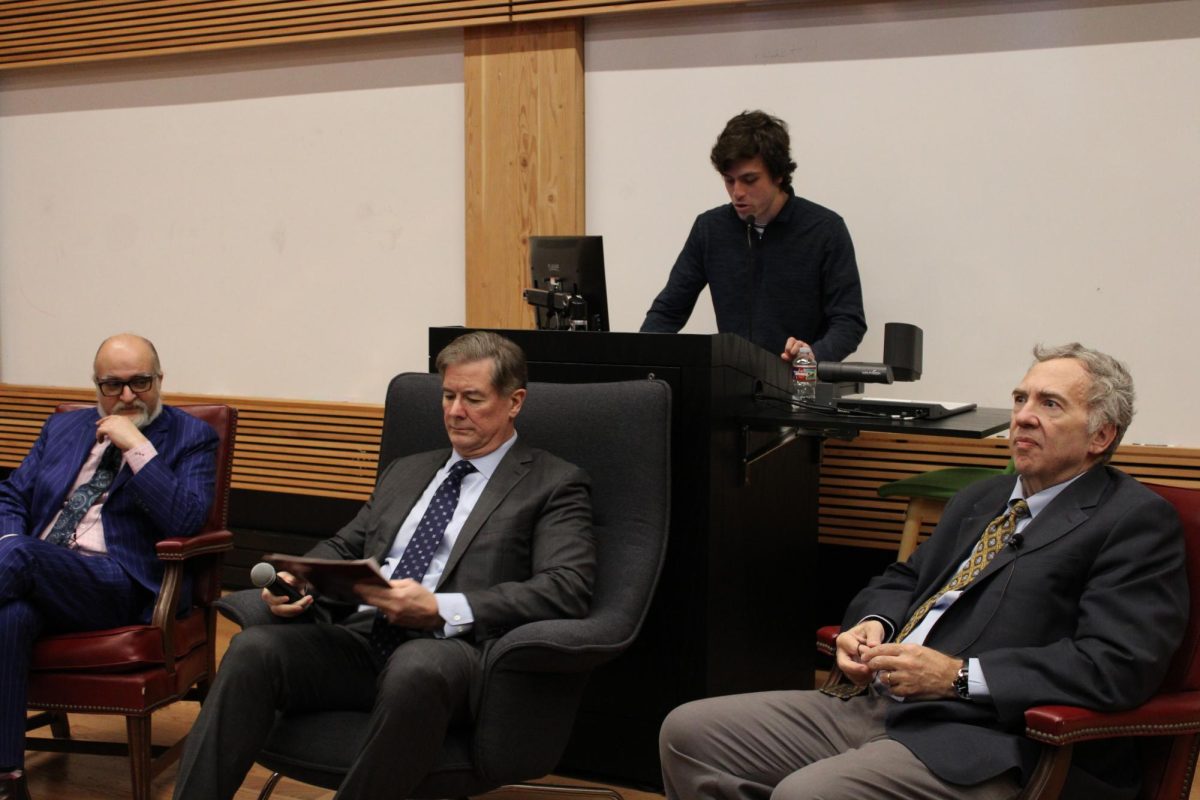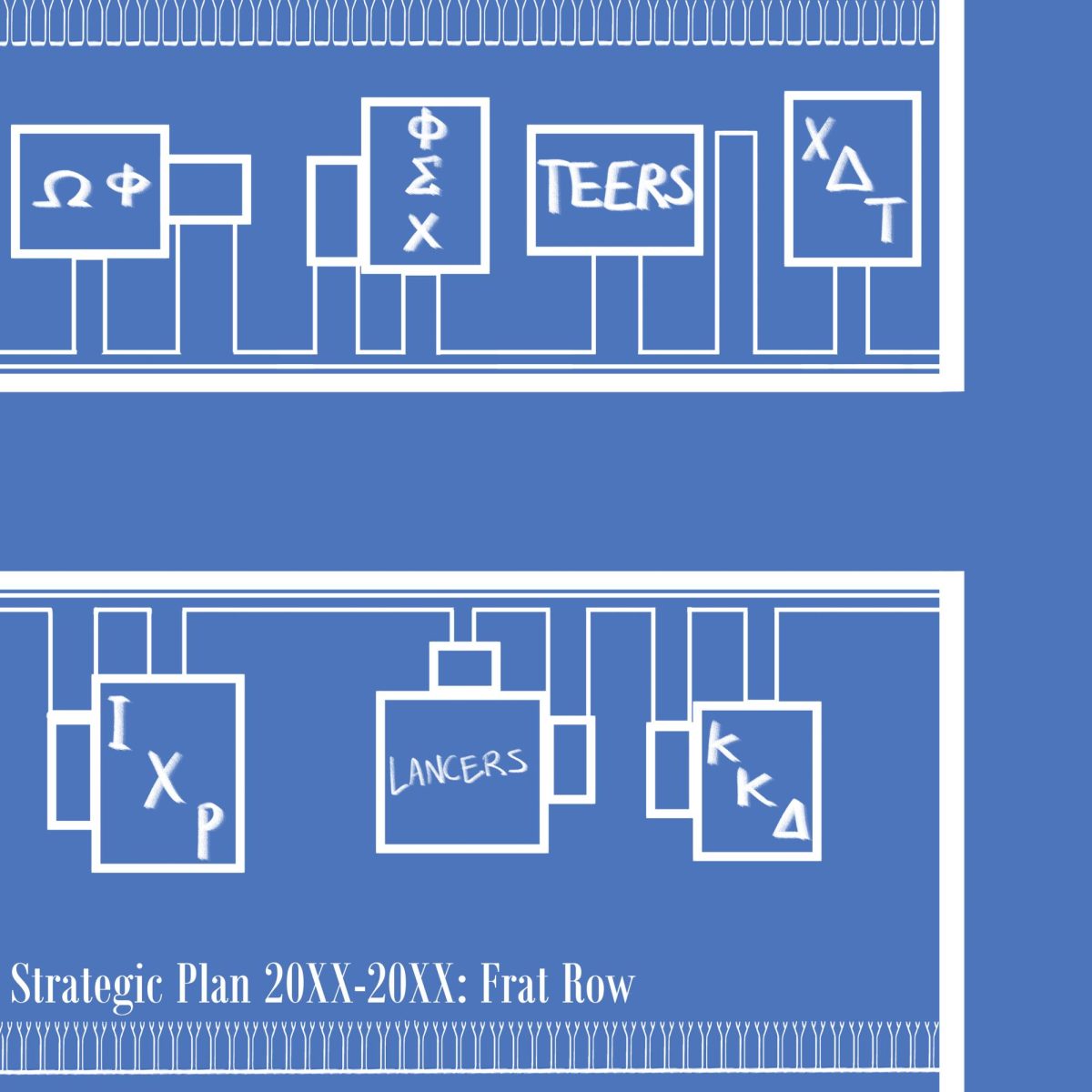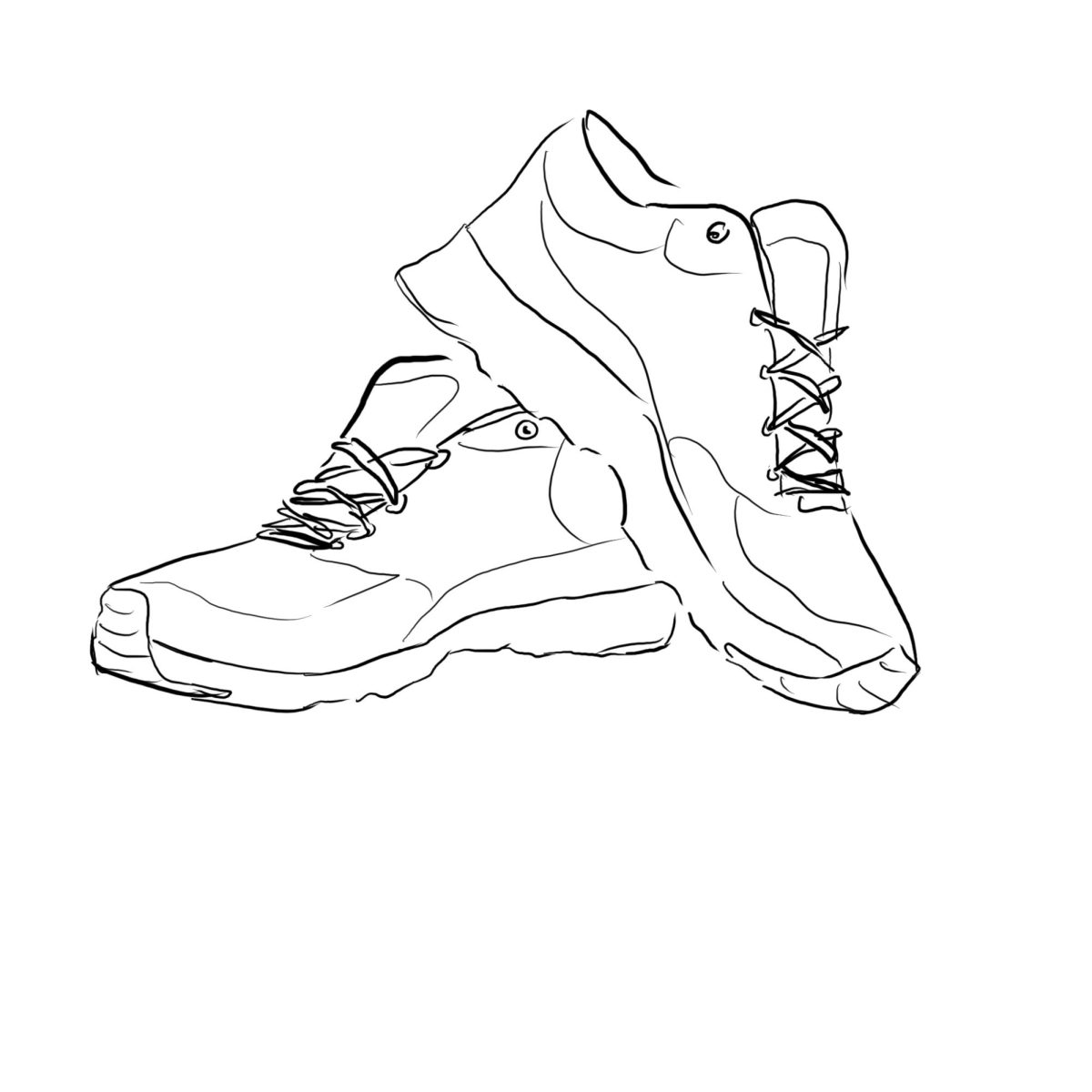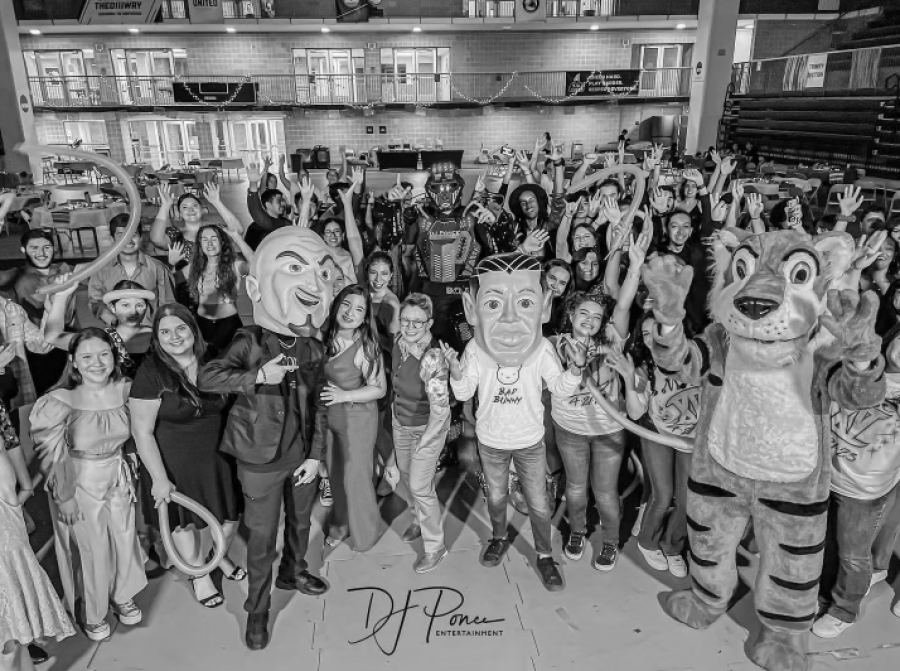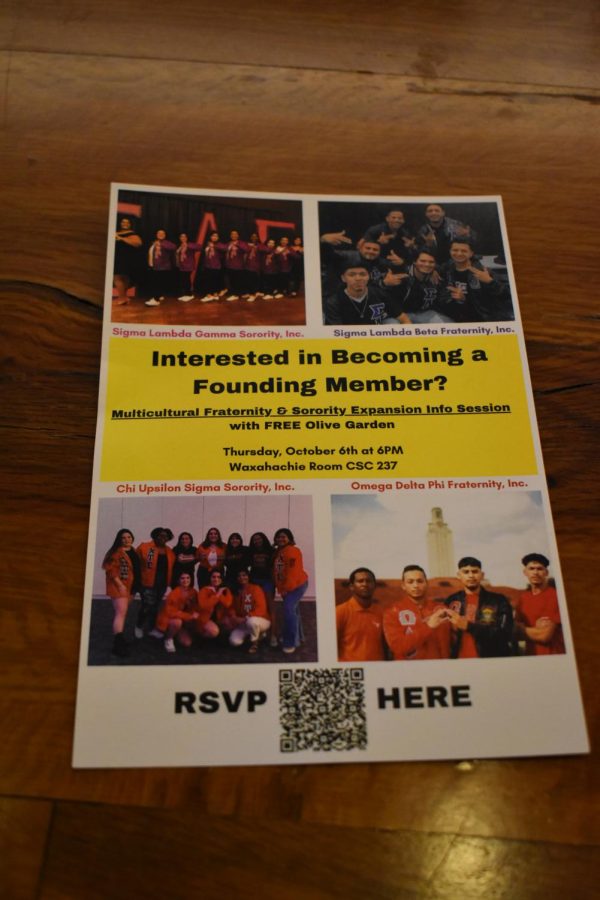About once a week I have this sort of jarring realization that, for all intents and purposes, I am living in a previously unforeseen future. I live with technology that science fiction writers from decades past could only dream of. However, a lot of the time I feel that I take the tools I have at my disposal for granted. That’s why I’d like to spend a little time reflecting on how awesome some technological byproducts are, like Snapchat. In case you’re a millennial perpetually choosing to live under a rock or a good-hearted baby boomer that’s simply unaware of the new, hip technologies, I’ll give a little background information on the application.
According to a brief history lesson provided by Jordan Crook at the website Tech Crunch, the idea for Snapchat was thought up by these three wiz kid tech guys from Stanford in the summer of 2011. The basic idea was to have a platform where people could send pictures to each other without the receiver having the capability to save or re-view the sent image after it had been opened once. If you can’t piece together the underlying intentions for this kind of technology, then you’re just going to have to enjoy your seat in the dark. Regardless of how it happened, Snapchat is now an application that boasts over a hundred million users utilizing its interface on a daily basis. Whoa.
I’ve been a sporadic Snapchat user for a few years, but largely the idea of Snapchat just never really took hold me. Apart from the handful of mildly amusing “snaps” I would receive from friends, there wasn’t enough in Snapchat to keep me interested.
However, in January of this year the whole game changed when Snapchat unveiled “Discovery.”
“Discovery” offers fresh day-to-day tastes of news, entertainment, cooking lessons, pictures, quotes, dogs and all other sorts of bite sized life enriching material. Any user will notice the string of sphered icons located at the top of their screens under the Stories section on the app. These have momentarily enlightened several bathroom visits when I needed a quick inoculation of digital stimulation. For instance, just the other day I clicked on the Daily Mail bubble and found out that the Labour Party’s vegan Farming Minister, Kerry McCarthy, believes that eating meat should be vilified to the same extent that tobacco use currently is. Whoa part two.
But that’s not the best part. To me, the coolest features on Snapchat are the passport bubbles. On certain days, Snapchat will collect “Snaps” from a specific country’s users and will then share those snaps in a collective story for all Snapchatters across the world to see. They’ve covered more countries than I thought existed and have continually shown me that other people, like, live lives. This is an amazing feature because it gives anyone with the application an instantaneous opportunity to see a small, but intimate glimpse of someone’s life, culture and geographic location on this relatively small space rock that we all share. Isn’t that neat?
I can’t help but think of that one senator from the 40s named James William Fulbright, who thought up this crazy idea to send American students abroad in the world so that they could see how other people, like, existed and stuff. He thought if people could see nations as more than just names on a map, and instead, see them as actual places full of human beings with differing thoughts, opinions, political climates and experiences than their own, that maybe one day they would remember those interactions, possibly avoiding future conflict. It’s kind of cool that Snapchat now offers a kind of opportunity like that from the convenience of a bathroom stall.
We all live with these brand new technological additions to the human experience. A lot of people will sweep social media under an overgeneralization rug stating, “they’re just a distractive waste of time.” There are valid criticisms of social media, and they merit discussion. Yet, there are also tremendous benefits to these technologies. At the end of the day, it’s up to all of us to decide what kind of role they’ll play in our lives.



